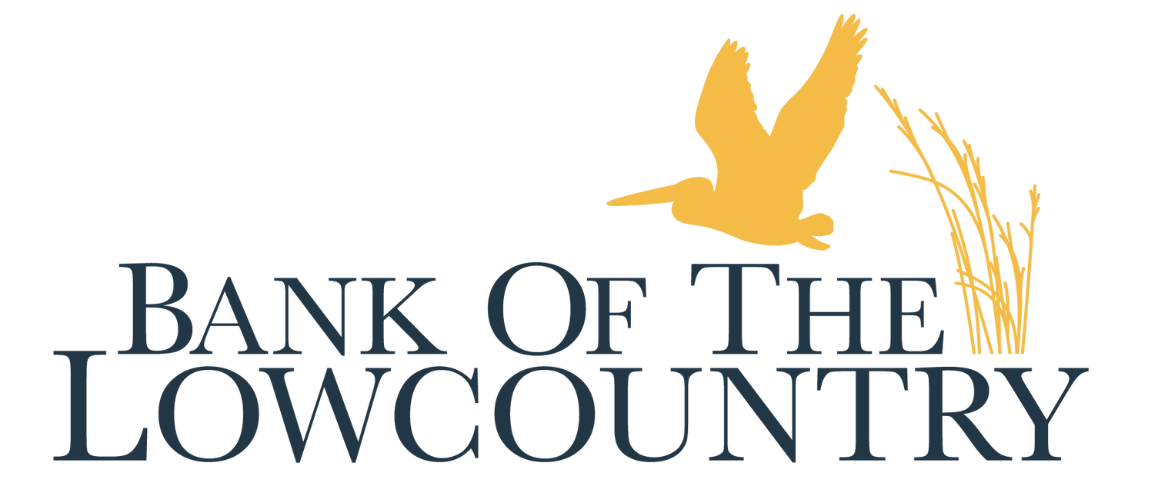
18 Mar Preparing for Financial Adulthood
You are entering the age where you have to learn how to supervise and control what you do with your money. It is a lot to take on, but we are here for assistance and support! Read about the ways you can begin to prepare for financial adulthood.
Set a Budgeting Strategy
When creating a budgeting strategy, you’ll want to evaluate your income. A rule of thumb is that you should never spend more than you earn. You have to take into account your rent, insurance premiums, utilities, and debt minimums (that includes car loan, student loan, etc.). Put down all of the required payments on your list first and then total them up. Now subtract that from your income and see what you have left over. The remainder of the money should be divided up for food, clothing and other ‘wants’. Make sure that you have a sustainable amount of money remaining and to fall back on in case of an emergency and just in general.
Make a Plan for Student Loans
You will want to develop a repayment plan to pay off your student loans. First, you should identify your loans, when doing this you recognize whether the loans are federal, private or a combination of both. After doing that get in touch with your loan servicer, from there they will be able to organize and handle the payments between you and the lender. Prioritize your loans with the higher interest rates first rather than the lower interest rates, this makes it easier in the grand scheme of payments and for future payments because you won’t have to continue paying high-interest rates. If you still have questions regarding student loans you can read our blog on tips for refinancing your student loans.
Learn How Credit Works
Essentially how credit works is that there is an agreement that you have with the lender so you can pay for things such as food, clothing, rent, etc., but that you will be able to repay the lender at a later date. If you take a long time to pay back your lender, they will begin to charge you interest, which you try and avoid. If banks see that you can make the payments on time, you will have a good credit score. A good credit score is ideal to have because this allows you to purchase homes, take out more loans and have more power in negotiating with lenders.
Start Saving for Retirement
You should start saving for retirement as soon as possible because the more you save the more you’ll have later on. If you are qualified to take part in a 401 (k) at work, we recommend you do so. The money you set aside for the plan won’t be taxed, which saves you money later on. You should also consider creating an emergency fund, in case anything were to go wrong later on down the road, you won’t have to depend on credit cards or your retirement savings. If you would like to open up an account for retirement, please contact us through our website or call us at 843-549-2265 and we would be happy to help you set it up.





Sorry, the comment form is closed at this time.